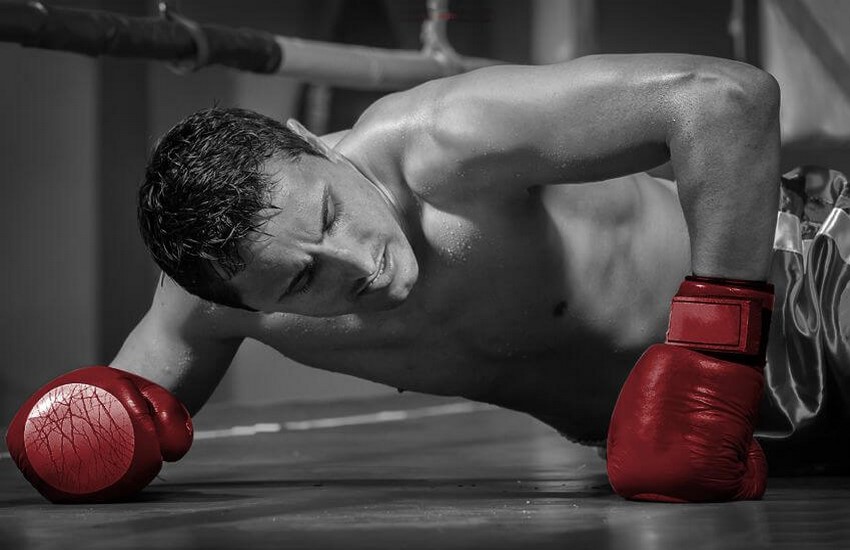Is it possible to overtrain? - Negative effects of training too hard

Is it possible to overtrain?
Training as stimulus causes our capacity to drop. In other words, if you are tired then your capacity decreases. This process must take some time. Longer or shorter depending on individual factors such as the work of steroid hormones in the body, diet, wellness, training seniority.
After some time, we reach a point of leveling off where the body has already gotten used to it but doesn't want to move forward. Once leveled, rest should follow. It is essential because it restores freshness, allows us to restore homeostasis of thyroid hormones which begins to slow down so that we do not lead to self-destruction and destruction of ourselves.
Cortisol (stress hormone) levels drop and shredded muscle fibers regenerate. The body simply overbuilds what it has lost and we start as if from scratch from a level higher than we were. This should be the mechanism every athlete should use to plan their training and progress
Example training cycle of a combat sports athlete:
- General fitness building period (strength, capacity development, fitness) 8-12 weeks
- A period targeting the player's weaknesses (e.g.: explosiveness, conditioning) 8-12 weeks
- Period of preparation for the fight (sparring and training which accustoms the fighter to the environment he will encounter during the fight) 4-8 weeks
- Fight
- Rest (1-2 weeks of rest then light training to maintain the form obtained in the previous training cycle) 4-8 weeks
What happens when we train for too long without resting?
Our body doesn't have a chance to rest and take off again fully regenerated.
All the time we are stuck at the starting point moving very small steps forward or not at all. If we do not give the nervous system time to adapt to the training units performed, then as long as we are well-trained we will endure it better but it will still not be the optimal state.
What are the symptoms of overtraining?
 In a person with a lot of training experience overtraining occurs very rarely, rather, one reaches a state where pathological states are observed in the body which manifest themselves:
In a person with a lot of training experience overtraining occurs very rarely, rather, one reaches a state where pathological states are observed in the body which manifest themselves:
- Weakening of immunity
- The work of the adrenal glands and the hormones they secrete Adrenaline Noradrenaline Cortisol is impaired (Among other things, adrenaline is responsible for arousal during training hence the sometimes lack of desire for activity when training overload)
- Overworked muscles and joints begin to ache
- Decreasing mood (Apathy)
- We are not able to train at our optimal training weight that we have been training at until recently
- Lack of desire to train (the body will tell us on its own when we are overloaded, not to be confused with laziness and unwillingness to move the butt from in front of the TV)
Beginners will bring themselves to the above states much faster and it is much more dangerous due to the fact that in general the whole system (joints, hormones, bones tendons) are not prepared for such a large amount of overlapping stress and this leads to Injury.
It has become very fashionable recently to say that such a thing as overtraining does not exist. This works well as a motivational slogan but can lead to a lot of damage especially for those inexperienced in sports.
They are usually preached by people who, at first glance, appear to be taking pharmaceuticals to improve their performance as well as to improve recovery. Training is primarily to improve the quality of our lives and not to be our whole life because in excess it can lead to the pathologies I wrote out above. Train smart, take care of yourself and don't strive for the ideal from the cover just a better version of yourselves
Author of the article:
 |
Artur Jobda Personal trainer, nutritionist |
